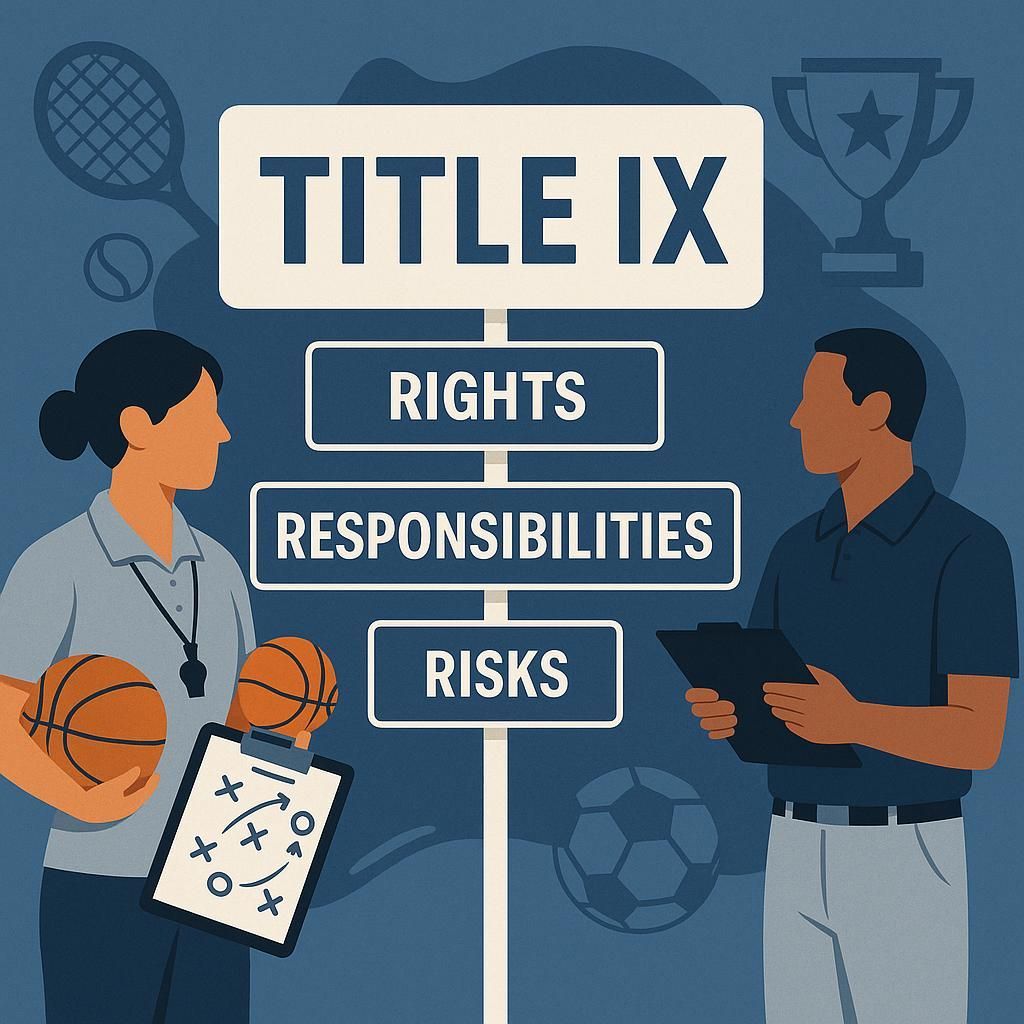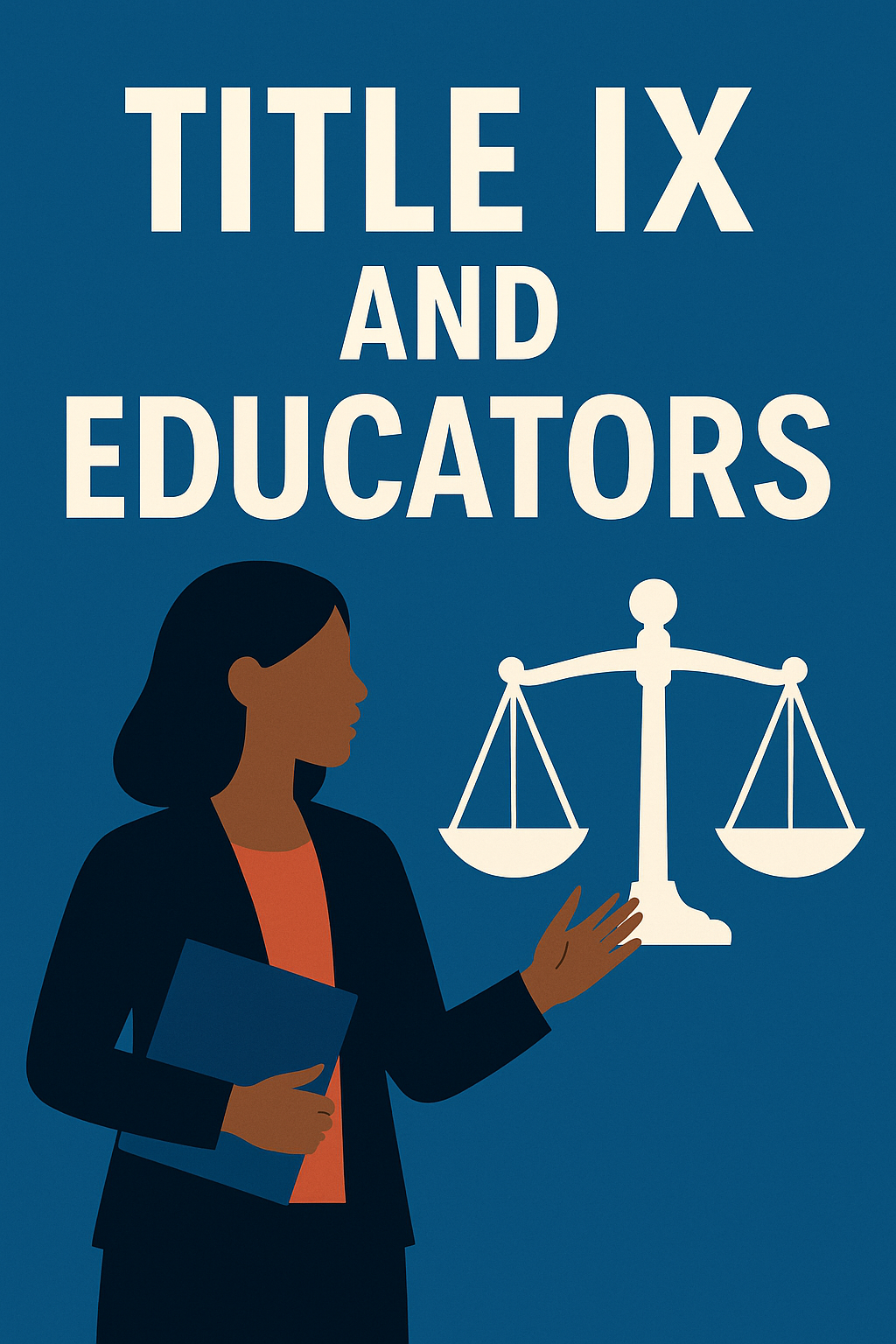Why Higher Education Institutions Need Legal Support for Clery Act Compliance
The Clery Act plays a pivotal role in ensuring transparency and safety within college and university campuses. Navigating its complexities requires a comprehensive understanding of its regulations and an effective strategy for compliance. Legal support tailored to the unique needs of higher education institutions can significantly alleviate the challenges administrators face when working to meet Clery Act requirements. This article will explore the critical reasons why higher education institutions need legal expertise to maintain compliance, reduce risks, and protect their campus communities.
Understanding the Clery Act and Its Importance
Colleges and universities that receive federal financing are required to report campus crime data and security procedures under the Clery Act, also known as the Jeanne Clery Disclosure of Campus Security Policy and Campus Crime data Act.
Key Concepts of the Clery Act
Higher education institutions must address these essential components of the Clery Act:
- Clery Act Geography: Identify where Clery Act requirements apply, including on-campus, public areas, and specific non-campus buildings.
- Campus Security Authorities (CSAs): Train designated individuals responsible for reporting crimes under the Clery Act.
- Timely Warnings and Emergency Notifications: Notify the campus community of threats to safety in a timely manner.
- Annual Security Reports (ASRs): Publish comprehensive annual security reports detailing crime statistics and policies.
Without proper legal guidance, complying with these obligations can become a daunting task for colleges and universities.
Common Challenges in Clery Act Compliance
The Complexity of Clery Act Requirements
Institutions often struggle to interpret Clery Act regulations. These include:
- Determining what qualifies as Clery Act crimes.
- Ensuring accurate campus crime statistics reporting.
- Coordinating CSA training and maintaining compliance with timely reporting requirements.
The Role of Training in Compliance
Campus security officials, administrators, and employees who receive effective Clery Act training are better prepared to meet their reporting requirements. Comprehensive training sessions—whether in person or online—ensure participants understand key concepts like hate crime reporting, emergency notifications, and the scope of Clery Act geography.
Why Legal Expertise Is Essential for Clery Act Compliance
Navigating Legal Obligations
Colleges and universities operate under a dual framework of the Clery Act and Title IX, requiring a nuanced understanding of how these regulations intersect. Legal counsel ensures that institutions remain compliant while addressing overlapping obligations, such as sexual assault reporting and student safety measures.
Avoiding Costly Penalties
Non-compliance with the Clery Act can lead to significant fines, reputational damage, and lawsuits. Legal experts help institutions prevent these outcomes by implementing best practices and ensuring thorough documentation.

How Masterly Legal Solutions Supports Higher Education Institutions
Specialized Clery Act Training Services
Masterly Legal Solutions provides tailored training programs for:
- Campus security authorities (CSAs).
- Administrators responsible for annual security reports.
- Campus police and other campus security personnel.
Legal Guidance for Reporting and Prevention
Our firm assists in:
- Developing and updating campus security policies.
- Ensuring compliance with annual security report obligations.
- Addressing Clery Act crimes, such as sexual assault, and preparing institutions for audits.
Representation During Hearings and Appeals
In cases where Clery Act compliance is challenged, Masterly Legal Solutions provides robust representation during hearings and appeals. We understand the intricacies of higher education law and focus on protecting your institution’s reputation.
Ensuring Safety and Compliance on Campuses
A safe campus is not only a legal obligation but also a commitment to the well-being of students and staff. Clery Act compliance fosters trust and transparency within campus communities, ensuring that universities meet their ethical and legal responsibilities.
Proactive Strategies for Clery Compliance
- Regularly update training programs to reflect changes in regulations.
- Conduct internal audits to ensure accurate crime statistics reporting.
- Engage legal experts to navigate complex requirements effectively.

Why Higher Education Institutions Need Legal Support for Clery Act Compliance
Navigating Campus Safety Through Legal Expertise
Campus safety is a primary concern for colleges, universities, and higher education professionals. To meet Clery Act obligations, institutions must include detailed procedures in their institution's annual security report (ASR), outlining how the institution addresses safety measures, crime reporting, and response strategies.
Legal support ensures that campus security authorities (CSAs) are properly trained and understand their responsibilities in crime reporting. Working with firms like Masterly Legal Solutions helps institutions ensure compliance with Clery Act requirements, particularly when managing detailed ASRs and adapting safety policies.
Tailored Training for Higher Education Professionals
Effective training programs are vital for compliance. At institutions like a state university or private college, providing training through a student conduct institute or equivalent program can strengthen the training skills of staff. Legal advisors play a critical role in developing courses that meet compliance guidelines while addressing real-world challenges in Clery Act applications.
Courses offered through firms like Masterly Legal Solutions focus on ensuring attendees have the knowledge to complete their compliance tasks confidently. By partnering with resources like the Clery Center, institutions can enhance safety measures and implement legally sound procedures.
The Role of Campus Security Authorities in Clery Act Compliance
Understanding Where the Clery Act Applies
The Clery Act applies to specific areas of a campus, including on-campus buildings, public properties adjacent to the institution, and certain off-campus locations used for institutional purposes. A designated campus security authority (CSA) plays a vital role in ensuring proper crime reporting for these areas.
Institutions must provide a robust compliance course to train CSAs on their responsibilities, from recognizing Clery Act crimes to understanding reporting protocols. These courses should also foster a discussion about how the Clery Act applies to real-world campus scenarios, equipping CSAs with the tools to meet federal obligations effectively.
By engaging legal experts to develop and refine CSA training, institutions ensure that their compliance strategies align with legal expectations and promote a safer campus environment.
Legal Guidance for Compliance with the Campus Crime Statistics Act
The Campus Crime Statistics Act, part of the Clery Act, requires colleges and universities to accurately report crime data to ensure transparency and safety within their communities. Institutions must not only collect and disclose this data but also develop systems to ensure compliance with federal guidelines.
Legal support is crucial to help higher education institutions comply with the act’s stringent requirements. From compiling accurate crime data to submitting comprehensive annual reports, legal experts ensure that institutions avoid costly penalties and maintain credibility. Partnering with firms like Masterly Legal Solutions allows administrators to navigate these challenges effectively while focusing on their mission of education and campus safety.
Contact Masterly Legal Solutions for Clery Act Support
Navigating Clery Act compliance is a challenging but critical responsibility for higher education institutions. At Masterly Legal Solutions, we specialize in providing tailored legal support, including Clery Act training, reporting guidance, and representation during hearings and appeals.
Contact us at (972) 236-5051 for a free consultation. Our team is here to answer your questions, help your institution stay compliant, and protect your campus community.
Disclaimer: This article is for informational purposes only and does not constitute legal advice. For personalized guidance, please contact us directly.

Looking for Legal & Business Solutions? Contact Us Now
Fill in the form or call us to set up a meeting













